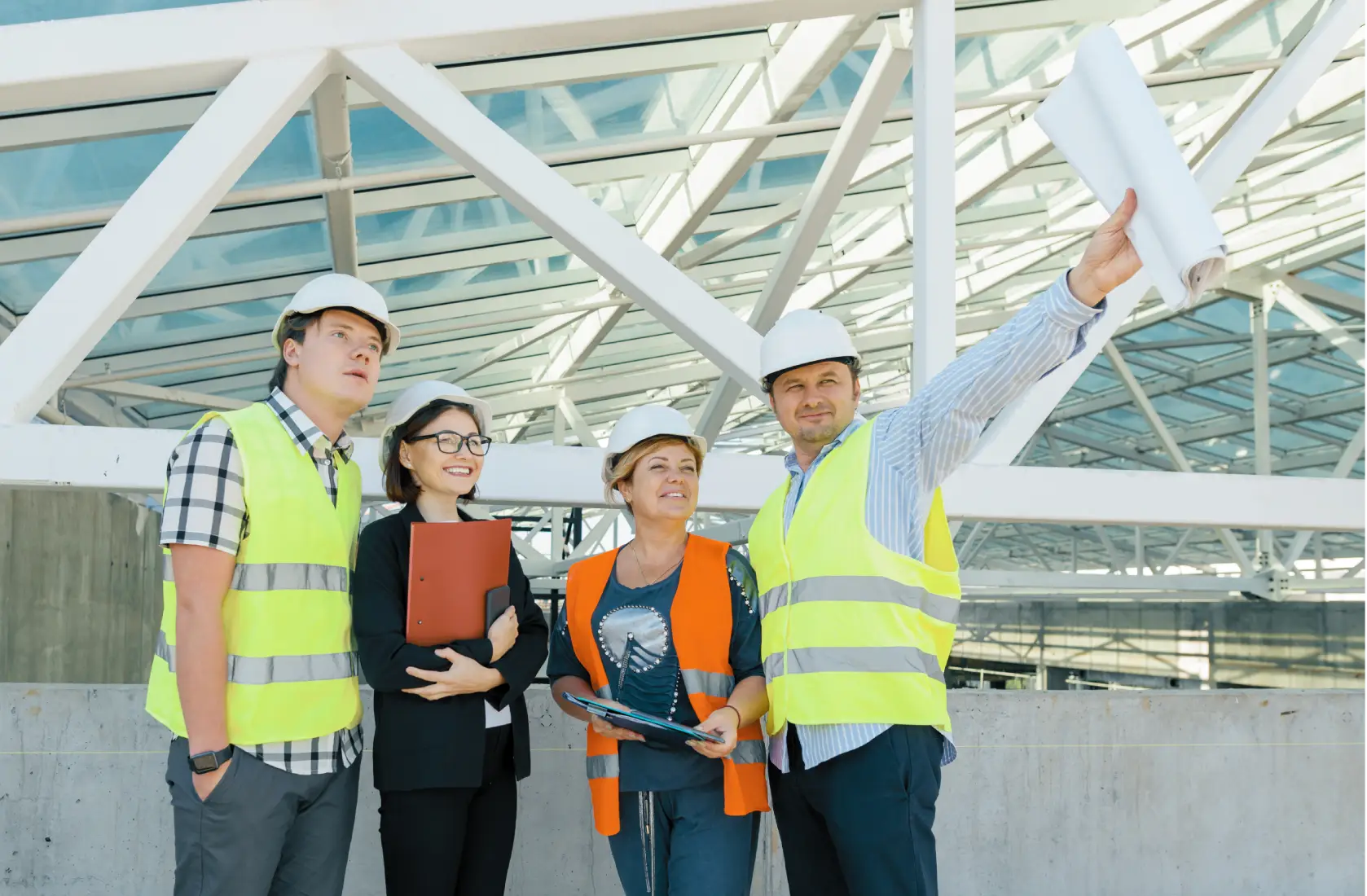The integration of advanced technologies and eco-friendly practices aimed at reducing environmental impact, enhancing resource efficiency, and creating resilient, adaptable structures for a sustainable built environment.
Future Trends in Sustainable Building Technologies
The future of sustainable construction is set to transform the industry with a range of innovative solutions aimed at reducing environmental impact and enhancing efficiency. Key advancements include:
- Advanced Materials: Emerging materials like self-healing concrete and recycled composites will enhance durability and minimize waste.
- Smart Technologies: Integration of IoT and AI will optimize energy use and improve building management through real-time data and automation.
- Renewable Energy: Increased adoption of solar panels, wind turbines, and geothermal systems will drive net-zero energy buildings.
- Green Infrastructure: Green roofs and vertical gardens will offer benefits such as improved air quality and reduced urban heat islands.
- Modular Construction: Prefabrication techniques will streamline construction, reduce waste, and lower environmental impact.
- Circular Economy: Emphasis on recycling and repurposing materials will promote resource efficiency and reduce waste.
- Water Efficiency: Advanced water-saving technologies will support sustainable water management and reduce consumption.
- Resilient Design: Buildings will be designed to withstand climate change impacts, ensuring long-term durability and resilience.
These innovations will pave the way for a more sustainable, efficient, and resilient built environment, aligning with global efforts to address environmental challenges.



